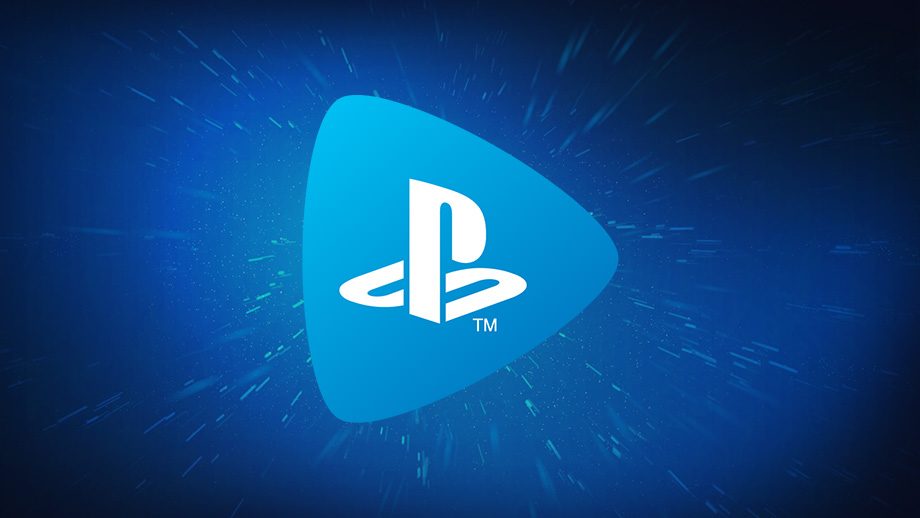TL;DR
PS Now offers a massive library of over 600 games, dwarfing Xbox Game Pass and Nintendo Online, but it comes at a higher price point. While you can stream or download titles, streaming performance can be inconsistent, with dropped frames and visual issues marring the experience, especially for older PS3 games. The catalog leans towards indie titles and older AAA games, with many popular classics missing. For new PlayStation owners or families looking for a wide variety of games without individual purchases, it might be worth a trial. However, for seasoned gamers, the dated content and unreliable streaming might not justify the cost. Find out if PS Now is the right fit for you – read the full review to decide.
PS Now is Sony’s answer to the Xbox Game Pass, a cloud-based service offering a library of over 600 titles available for download or streaming via a monthly/annual subscription. The service recently launched in Sweden, having initially debuted in the USA in 2015 with approximately 80 games. While we at senses.se strongly advocate for a balance between physical ownership and the convenience of cloud services, we maintain reservations regarding the potential limitations of streaming and the timeline for its full maturation. Playstation Now exemplifies the format’s inherent advantages and potential, alongside its expected disadvantages and limitations.
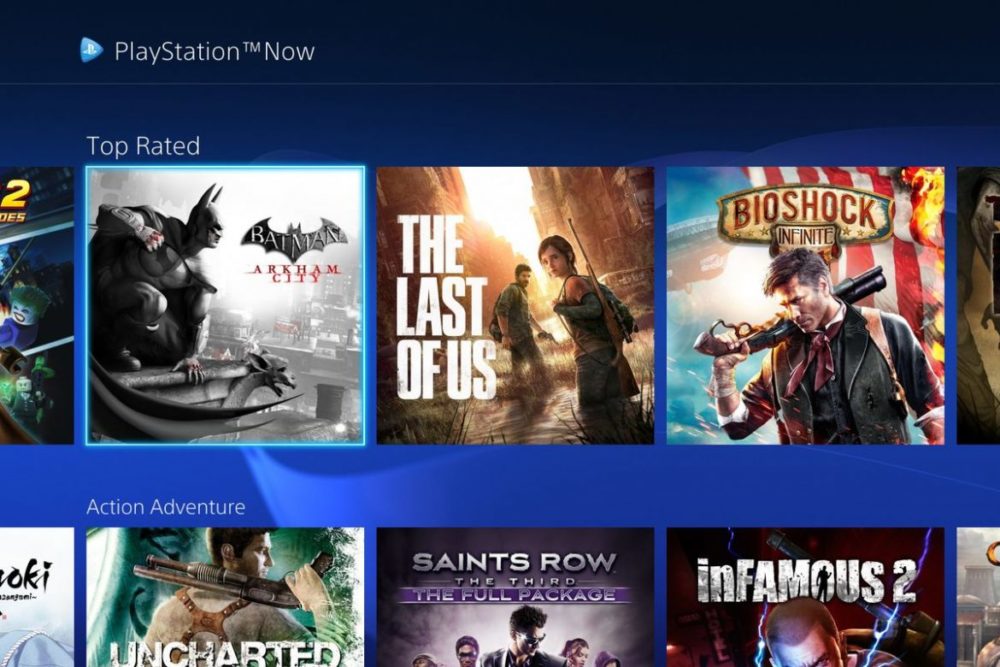
PS Now – Content and Price
As previously stated, PS Now offers the most extensive selection of games among the three major console competitors. Xbox Game Pass features just over 100 titles, and Nintendo Online offers slightly more than 40, primarily retro games. PS Now is also the most expensive of the three services, priced at SEK 149/month or SEK 999/year, compared to Game Pass at SEK 99/month or SEK 999/year. Nintendo’s service is in a separate category, costing SEK 40/month or SEK 200/year, but it is a fundamentally different type of service and not directly comparable.
The catalog of approximately 650 games sounds impressive, and the selection, similar to Netflix, is subject to change. During our testing period, several titles were added and removed. We estimate that approximately 15-20% are AAA titles, primarily from Sony, such as the God of War series (HD remasters of the games up to part 3). Another 30% consist of A to AA titles from third-party developers, including Abzû and Seasons of the Fall. The remaining majority comprises smaller indie games, such as Action Henk, Hohokum, and various titles from the PS3 and PS2 eras.
Due to the dynamic nature of the game catalog, a comprehensive assessment is challenging. Currently, there is a focus on LEGO adventures, including Harry Potter LEGO, which were recently added. Overall, the service leans towards smaller indie titles, which are enjoyable but are offset by older AAA titles. Some AAA titles have also been recently featured in the PS Plus subscription, creating an impression that is neither overwhelmingly positive nor significantly disappointing.
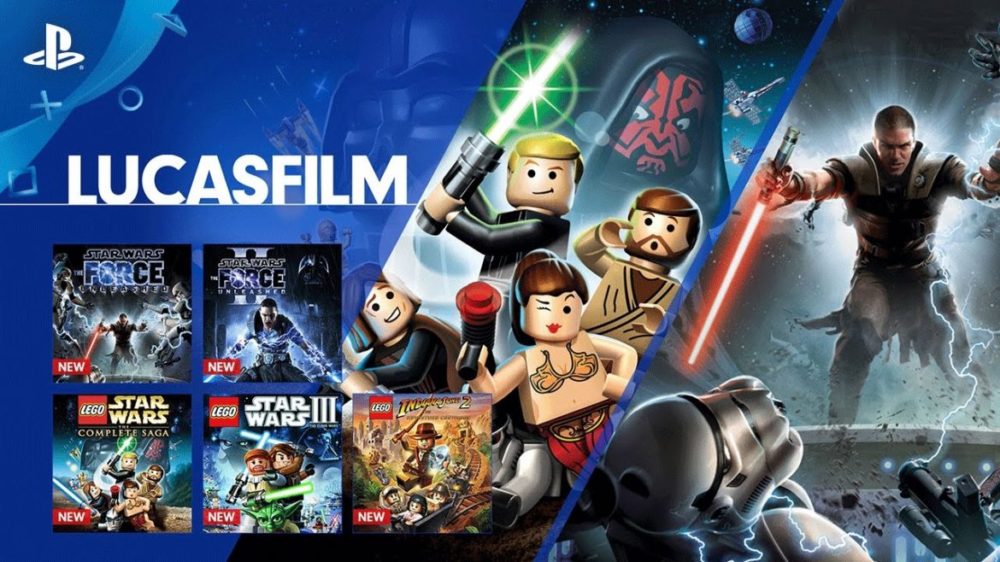
Technology and Performance
PS Now provides users with the option to stream games from Sony’s servers or download them for local play. Downloading offers significant advantages, mitigating the potential issues associated with streaming and enabling games to run at their optimal resolution directly from the hard drive. The disadvantage is the storage space required, and the fact that PS3 games cannot be downloaded due to the PS4’s lack of PS3 emulation.
Downloading games from PS Now is as seamless as downloading from PSN or PS Plus, with no practical differences. The distinguishing feature is the streaming capability, which differentiates it from its competitors (although Google and Microsoft are also developing similar services). When streaming is selected, a portion of the game data is downloaded locally, and a shortcut is created. The majority of the game is then streamed from Sony’s servers. The average time from selecting “stream” to gameplay is 60 to 90 seconds, a reasonable delay but not as instantaneous as one might expect from streaming. To eliminate the possibility of bottlenecks on our end, we tested the service using the editorial office’s fiber connection (700/700 mbit) and a PS4 Pro. Sony specifies a minimum requirement of 5 Mbit connection, but recommends 20 Mbit, which is achievable for most Swedish users and highly recommended.
Game streaming performance varied considerably, even with our robust connection. At times, performance was indistinguishable from local installation. At other times, significant differences were observed, including dropped frames, blurred visuals, and reduced resolution during graphically intensive scenes.
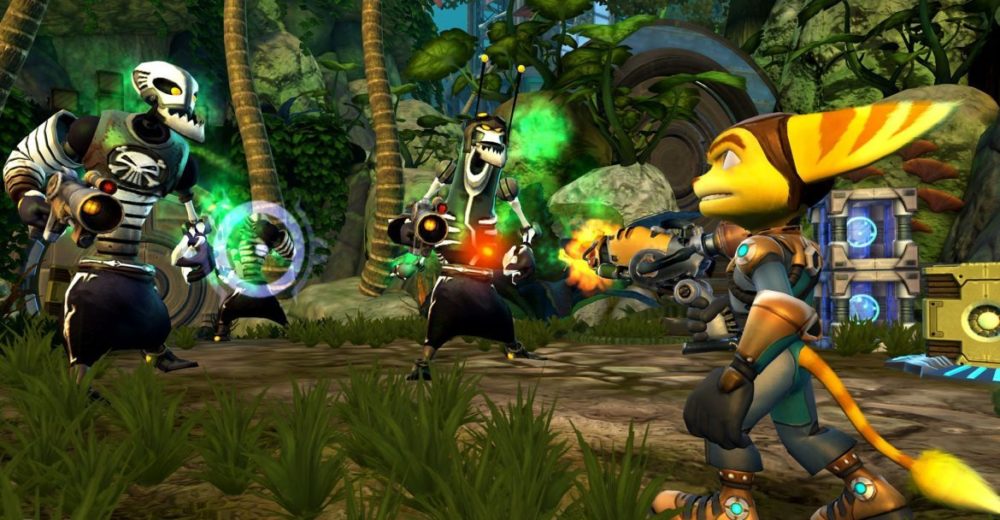
We tested Ratchet & Clark: The Quest for Booty (2008), a PS3 classic. While the game performed well on the PS3, and the PS4 (particularly the Pro) has superior processing power, streaming proved problematic. The game performed smoothly with sharp visuals approximately 75% of the time. However, limitations in server capacity became noticeable at times, negatively impacting gameplay and visual quality, resulting in low resolution and dropped frames. We also tested Alex Kidd in Miracle World, a retro Mega Drive title. This 16-bit game performed nearly flawlessly via streaming, but still exhibited an initial loading time exceeding one minute, which is excessive. Finally, we tested the AA title Shadow of the Beast (the remake), which streamed with few issues in image quality or dropped frames, but had a loading time approaching one and a half minutes. A critical issue is that if the connection is interrupted during a streaming session (e.g., when the game is paused for an extended period), progress is lost if the game was not recently saved.
The PS2 titles are a welcome addition, particularly since they can be installed locally and played at a higher resolution. However, the selection is limited, and many popular titles, such as Burnout 3, are missing. Sony has an opportunity to address user requests and expand the library of classic games.
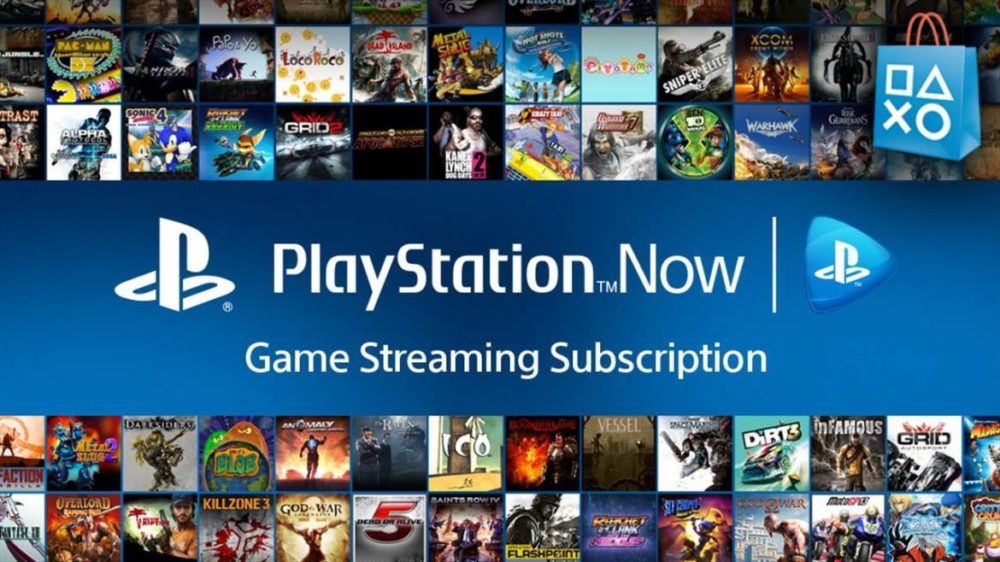
Currently, the streaming aspect of PS Now is inconsistent in reliability and quality. We recommend downloading and playing games locally whenever possible, managing storage space by removing and adding titles as needed (since users do not typically play 600 games simultaneously).
Note: PS Now is also compatible with PC, where all games are streamed via the client app. A DualShock 4 controller can be connected for an enhanced experience. A Mac client has not been announced. We have not evaluated the PC version, but we anticipate similar results, as the limitations stem from the streaming service itself, not the hardware.
PS Now – Summary and Overall Impression
While we at senses.se advocate for ownership and the superior audio-visual quality of physical media, we recognize the inevitability of cloud storage and digital services (although we commend Sony for including a physical media drive in the Playstation 5, indicating that the demise of physical media is not so imminent). Digital services eliminate physical costs, transportation, and logistics, streamlining the user experience for both consumers and distributors. However, users relinquish ownership and risk losing access to their game collection upon canceling their subscription. They are also subject to content changes implemented by the service provider. This business model is advantageous for service providers, as many customers continue to pay for extended periods without actively utilizing the service.
Users must track their usage and assess the value of the service. PS Now offers a large collection of games catering to diverse preferences. While it features exclusive Sony titles such as the Uncharted trilogy (PS3 versions, not remasters) and The Last of Us (PS3 version, not the enhanced PS4 remaster with UHD resolution and HDR), the majority of its library consists of games that are at least three years old. This raises the following questions:
1) How many of these games do you already own, physically or digitally? Many AAA titles have been included in PS Plus over the years and may already be in your library, such as Bloodborne.
2) How many games do you realistically have time to play each year, and would it be more beneficial to purchase the specific games you want to play and own them permanently (by choosing physical copies)?
PS Now’s library is significantly larger than Xbox Game Pass, but Microsoft’s service includes all new AAA titles from Microsoft’s own studios upon release, which is not the case with PS Now. The newest AAA title on Playstation (4) is likely Borderlands: Game of The Year Edition, an HD/UHD remaster of a ten-year-old game. Newer, unique titles include the AA game Sniper Elite 4, which is relatively recent but not a flagship title.
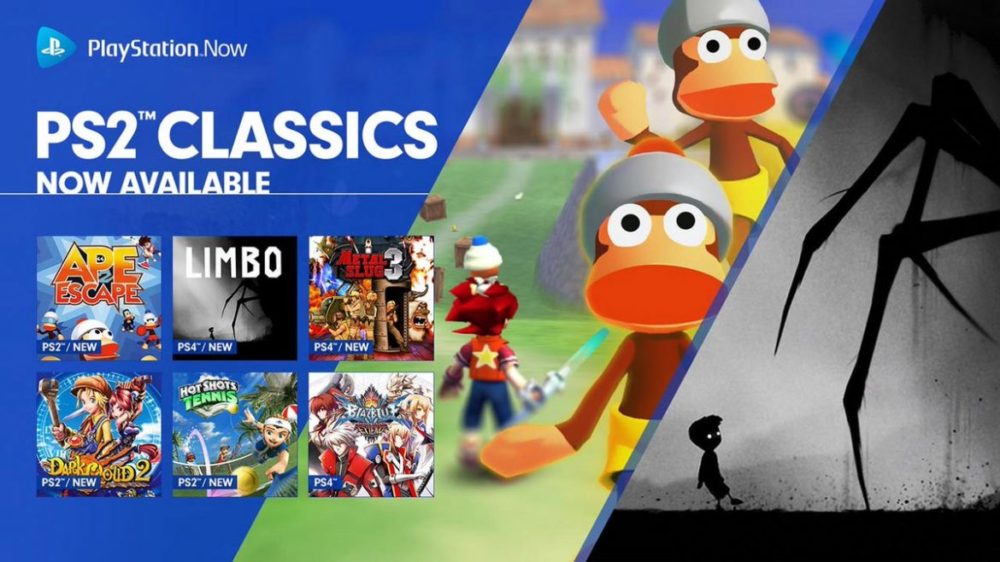
Sony’s intentions appear promising, and PS Now currently offers a substantial game catalog that is continuously expanding. However, the quality of the included titles and the streaming technology require improvement. The streaming aspect is currently below par. For new PS4 owners, PS Now provides a good starting point, granting access to a wide variety of games across genres, enabling them to determine which titles to purchase and which are only worth exploring briefly. Manage expectations for content and, particularly, streaming performance.
The major challenge for Sony is attracting long-time Playstation gamers who have amassed a collection of games over the years, potentially since the original Playstation, and have a PS Plus membership that has provided them with over 200 games, including many classics. While Red Dead Redemption and The Last of Us are exceptional experiences for those who have not played them, the size of that user base remains a question.
For parents with children who are new to gaming, PS Now represents an attractive alternative, offering a vast selection of games at a cost equivalent to no more than one and a half full-price games annually. We recommend installing a larger internal hard drive or an external drive to accommodate the downloaded games, as connection issues can be frustrating.
PS Now is a serviceable platform with the potential for further development. However, it requires more recent, critically acclaimed titles (not exclusively AAA games) and a more robust and reliable streaming infrastructure. Currently, the price feels disproportionate to the value offered. A price point around SEK 79/month would be more reasonable and appealing. Dedicated game collectors will likely find the range of titles too dated and uninspired at the time of this review. However, for new PS4 owners, parents with young children, and nostalgics open to discovering indie gems, PS Now is worth testing for a few months to evaluate its value proposition. Temper expectations for both content and streaming performance.
It is not an essential service to subscribe to currently. Instead, consider investing in a PS Plus membership. Sony should explore merging the two services into an attractive package, similar to Microsoft’s Xbox Game Pass Ultimate (which includes Xbox Live Gold, their equivalent to PS Plus).
PS Now has the potential to evolve into something more substantial, depending on the direction Sony chooses to pursue. We believe Sony should introduce more current AAA titles and prioritize the best remasters of existing games (instead of PS3 versions). Consider your user profile and, if applicable, test the service to determine its suitability.
